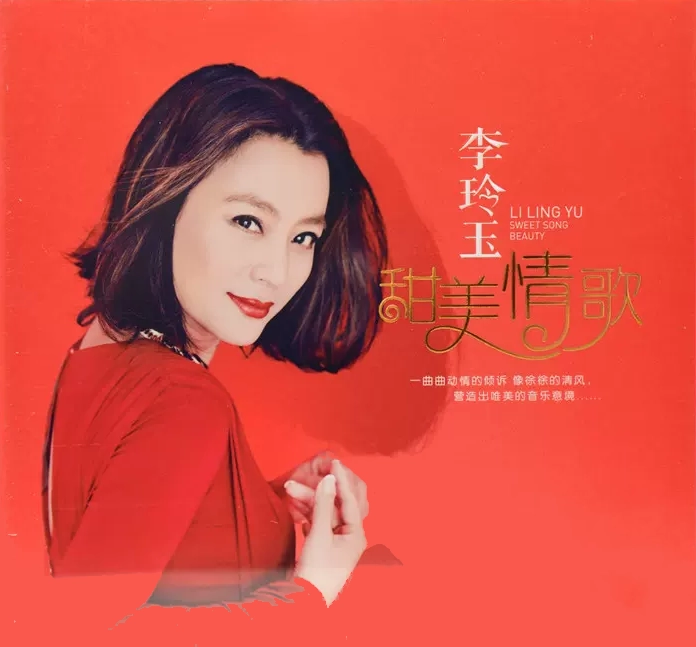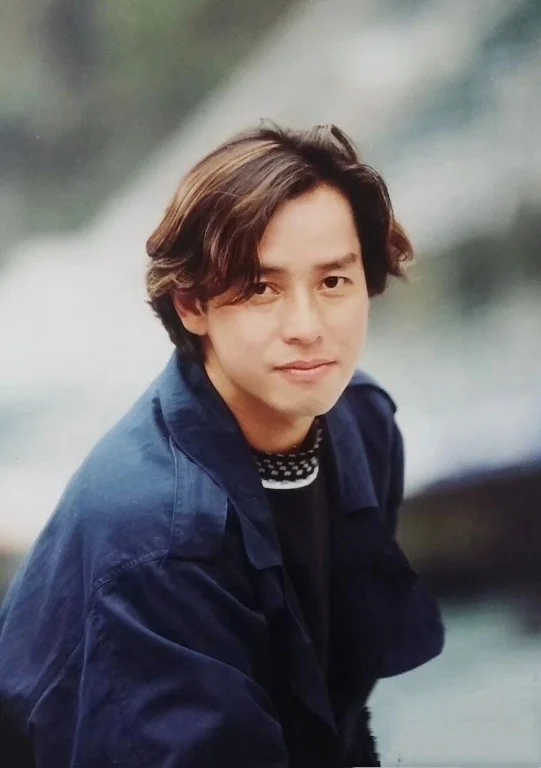
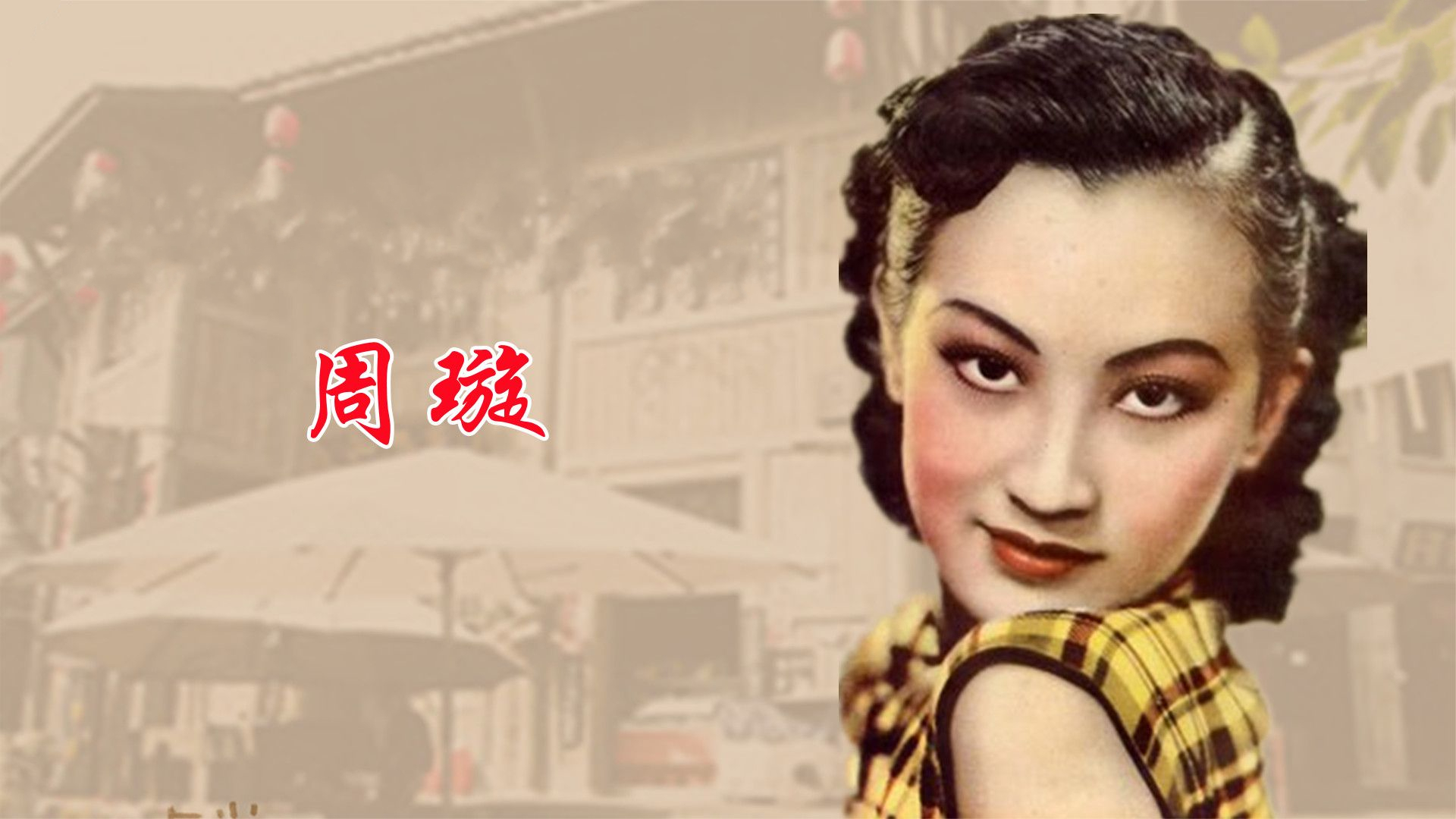
邓丽君演唱
李香兰演唱
周璇演唱
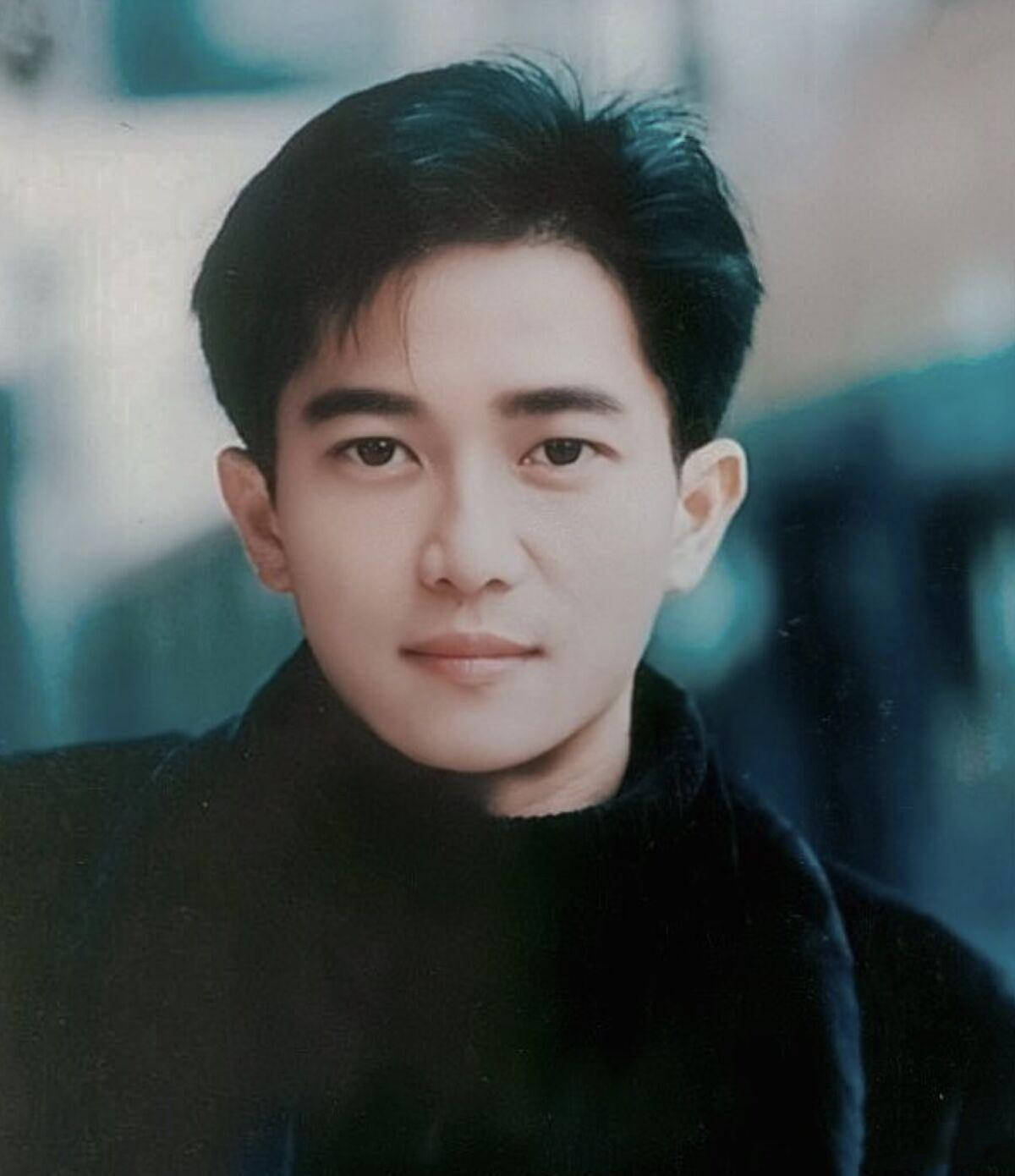

蔡琴演唱
凤飞飞演唱

Dominio de Pingus is a Spanish winery located in Quintanilla de Onésimo in Valladolid province with vineyards in La Horra area of the Ribera del Duero region. The estate's flagship wine, Pingus, is considered a "cult wine", sold at extremely high prices while remaining very inaccessible,[1][2] and commands an average price of $811 per bottle.[3]
The winery also produces a second wine, Flor de Pingus, and a special cuvée, Ribera del Duero "Amelia". Recently, Dominio de Pingus has founded a joint project with local grape producers to make an old vine tempranillo called "PSI".
Dominio de Pingus was established in 1995 by Danish oenologist Peter Sisseck, also manager of the Pesquera de Duero estate Hacienda Monasterio.[4] On the estate's winemaking philosophies, Sisseck has stated, "The vines in my plots are very old. They have never been fertilised nor treated with pesticides and all grow following the traditional en vaso system. They are perfect."[4]
About the first 1995 vintage of Pingus, Robert Parker declared, "One of the greatest and most exciting wines I have ever tasted".[5] With a very limited first vintage production, only 325 cases were made with prices initially set at US$200 per bottle, it became yet more scarce when in November 1997 the ship transporting a U.S. bound shipment of 75 cases disappeared somewhere off the Azores in the North Atlantic Ocean.[6] The shipwreck resulted in a dramatic reaction in the US market, with prices soon rising to $495 per bottle.[5][6]
At the Ronda WineCreator conference of April 2008, Sisseck was angered by suggestions by Decanter editor Guy Woodward that some winemakers make wines to suit the palates of certain critics. In response he called Woodward's remarks arrogant for implying winemakers do not have their own opinions, adding, "I don't even think it is possible to do this."[7]
In 2007 it was announced that the Spanish government had approved plans to expand highway roads through the vineyards of Dominio de Pingus and other wineries, which was met with strong opposition by Sisseck who called it a "vengeful measure".[8]
Planted with very old vines of Tinto Fino, i.e. Tempranillo, the vineyards are 2.5 hectares (6.2 acres) in Barrosso with vines exceeding 65 years and 1.5 hectares (3.7 acres) in San Cristobal with vines older than 70 years, and the unusually low average yield of 12 hL per hectare. Since 2000, the viticulture has been biodynamic. Of the annual production of Pingus there is typically less than 500 cases, though in poor vintages no Pingus is made.
The production of the second wine Flor de Pingus, also 100% Tempranillo, is made with fruit from rented vineyards in the La Horra zone, with vines older than 35 years. Since the 2005 vintage, the viticulture has been biodynamic. The annual production is on average 4,000 cases.
Additionally there has been the single barrel cuvée, Ribera del Duero "Amelia", made from a vineyard parcel of 100+ year old vines with an average yield of 10 hL per hectare, with biodynamic viticulture since its initial 2003 vintage. The 2005 vintage had a production of 25 cases.
"PSI" is a joint project based on fruit produced by local grape growers from old tempranillo vines. The goal is to help grape producers and save old vines. Project was founded in 2006, first vintage was 2007. Grape growers are encouraged to employ biodynamic or organic vineyard management practices. The wine is made by Peter Sisseck and Pablo Rubio and sold under producer name Bodegas y Viñedos Alnardo. Vinification takes place in large concrete vats and aging in concrete and wooden tanks and oak barrels. Production of PSI 2009 was 9,600 cases, PSI 2010 was 16,600 cases.


不要问 不要说
一切尽在不言中
这一刻 偎着烛光
让我们静静地度过
莫挥手 莫回头
当我唱起这首歌
怕只怕 泪水轻轻地滑落
愿心中 永远留着我的笑容
伴你走过每一个春夏秋冬
几许愁 几许忧
人生难免苦与痛
失去过
才能真正懂得去珍惜和拥有
情难舍 人难留
今朝一别各西东
冷和热 点点滴滴在心头
愿心中 永远留着我的笑容
伴你走过每一个春夏秋冬
伤离别 离别虽然在眼前
说再见 再见不会太遥远
若有缘 有缘就能期待明天
你和我重逢在灿烂的季节
伤离别 离别虽然在眼前
说再见 再见不会太遥远
若有缘 有缘就能期待明天
你和我重逢在灿烂的季节
若有缘 有缘就能期待明天
你和我重逢在灿烂的季节
不要问 不要说
一切尽在不言中
这一刻 偎着烛光
让我们静静地度过
莫挥手 莫回头
当我唱起这首歌
愿心中留着笑容
陪你度过每个春夏秋冬






鼓聲起 大戰上 勁揪總有你
叫喊裡 為勝利 氣焰打不死
懷著致勝 信念和力氣
披著熱血 進襲綠茵草陂
來吧唱 來吧跳 來吧勇氣運氣
比數扭轉 歡呼要躍起
Come on the game on!
We Are Hong Kong!
Victory and Glory!
Fighting for Hong Kong!
鼓聲起 大戰上 勁揪總有你
叫喊裡 為勝利 氣焰打不死
懷著致勝信念和力氣
披著熱血 進襲綠茵草陂
來吧唱 來吧跳 來吧勇氣運氣
比數扭轉 歡呼要躍起
Come on the game on!
We Are Hong Kong!
Victory and Glory!
Fighting for Hong Kong!
Come on the game on!
We Are Hong Kong!
Victory and Glory!
Fighting for Hong Kong!
Come on the game on!
We Are Hong Kong!
Victory and Glory!
Fighting for Hong Kong!

又回到最初的起点
记忆中妳青涩的脸
我们终于来到了这一天
桌垫下的老照片
无数回忆连结
今天男孩要赴女孩最后的约
又回到最初的起点
呆呆地站在镜子前
笨拙系上红色领带的结
将头发梳成大人模样
穿上一身帅气西装
等会儿見妳一定比想像美
好想再回到那些年的时光
回到教室座位前后 故意讨妳温柔的骂
黑板上排列组合 妳舍得解开吗
谁与谁坐他又爱着她
那些年错过的大雨
那些年错过的爱情
好想拥抱妳 拥抱错过的勇气
曾经想征服全世界
到最后回首才发现
这世界滴滴点点全部都是妳
那些年错过的大雨
那些年错过的爱情
好想告诉妳 告诉妳我没有忘记
那天晚上满天星星
平行时空下的约定
再一次相遇我会紧紧抱着妳
紧紧抱着妳

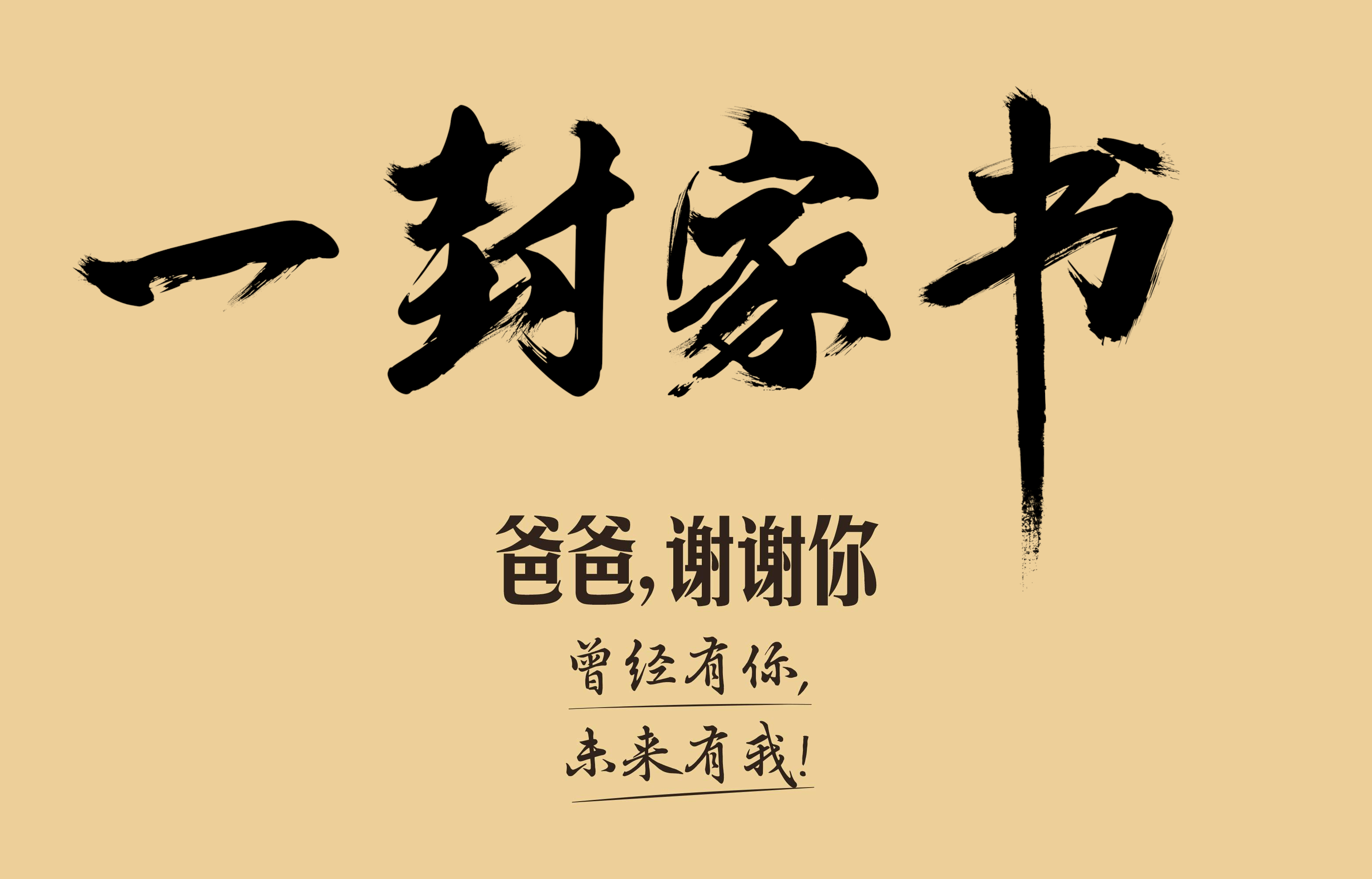

你问我爱你有多深
我爱你有几分
我的情也真
我的爱也真
月亮代表我的心
你问我爱你有多深
我爱你有几分
我的情不移
我的爱不变
月亮代表我的心
轻轻的一个吻
已经打动我的心
深深的一段情
叫我思念到如今
你问我爱你有多深
我爱你有几分
你去想一想
你去看一看
月亮代表我的心
轻轻的一个吻
已经打动我的心
深深的一段情
叫我思念到如今
你问我爱你有多深
我爱你有几分
你去想一想
你去看一看
月亮代表我的心
你去想一想
你去看一看
月亮代表我的心
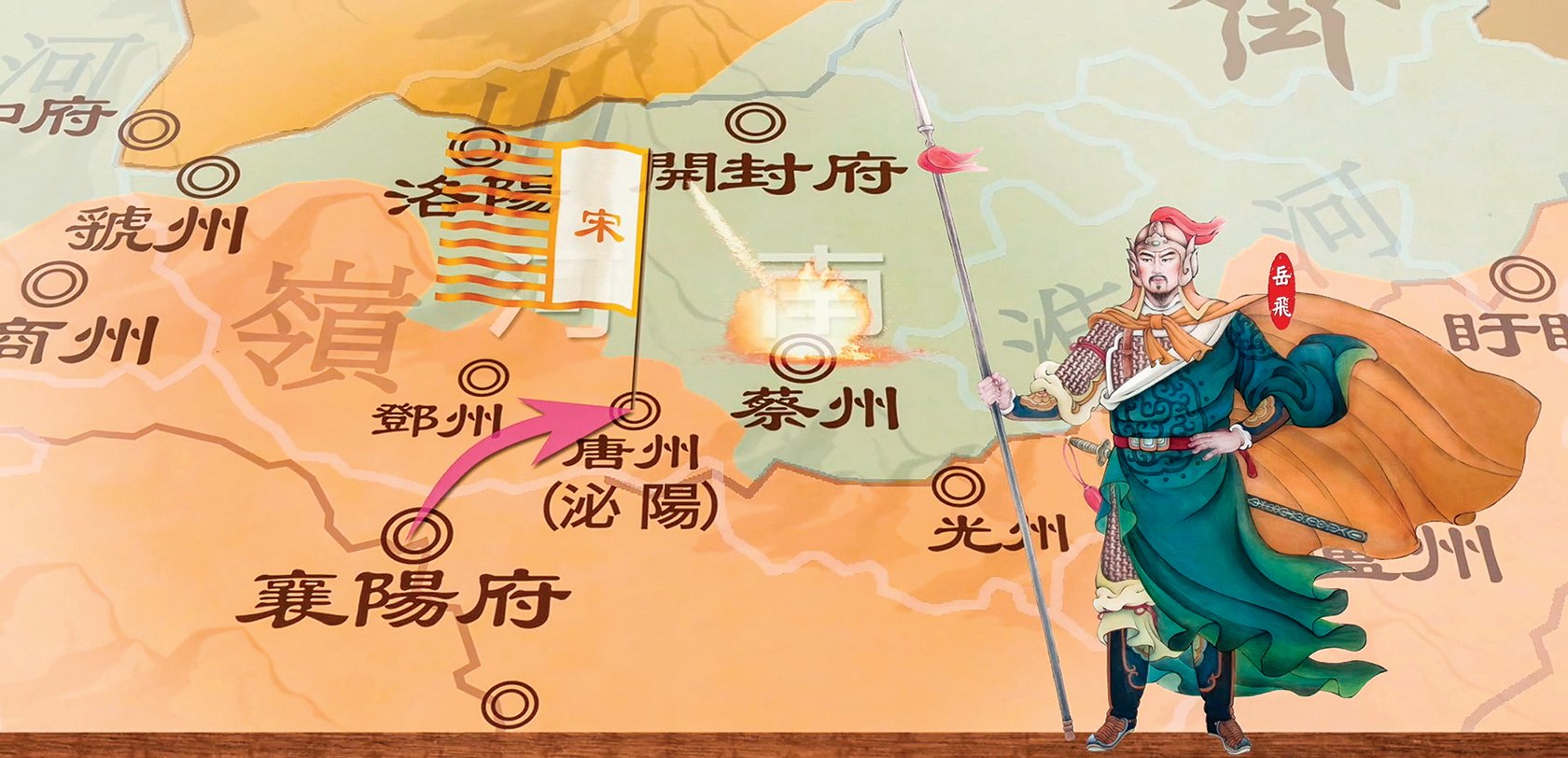

爆竹声中一岁除,春风送暖入屠苏。
千门万户曈曈日,总把新桃换旧符。
译文及注释
译文
爆竹声中旧的一年已经过去,迎着和暖的春风开怀畅饮屠苏酒。
初升的太阳照耀着千家万户,都把旧的桃符取下换上新的桃符。
注释
元日:农历正月初一,即春节。
爆竹:古人烧竹子时使竹子爆裂发出的响声。用来驱鬼避邪,后来演变成放鞭炮。一(yí)岁除:一年已尽,“一”字用在第四声(去声)字的前面时,“一”变调,读第二声(阳平)。除,逝去。
屠苏:亦作“屠酥”,“屠苏”本来是一种阔叶草,南方民间风俗,有的房屋上画了屠苏草作为装饰,这种房屋就叫做“屠苏”。另一种说法是指屠苏酒,饮屠苏酒也是古代过年时的一种习俗,大年初一全家合饮这种用屠苏草浸泡的酒,以驱邪避瘟疫,求得长寿。
千门万户:形容门户众多,人口稠密。
曈曈:日出时光亮而温暖的样子。
桃:桃符,古代一种风俗,农历正月初一时人们用桃木板写上神荼、郁垒两位神灵的名字,悬挂在门旁,用来压邪。也作春联。



